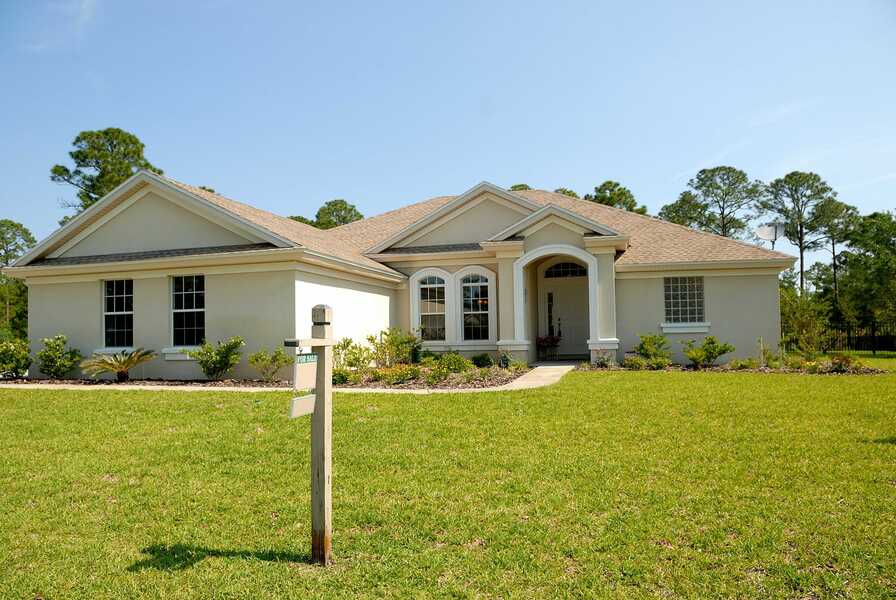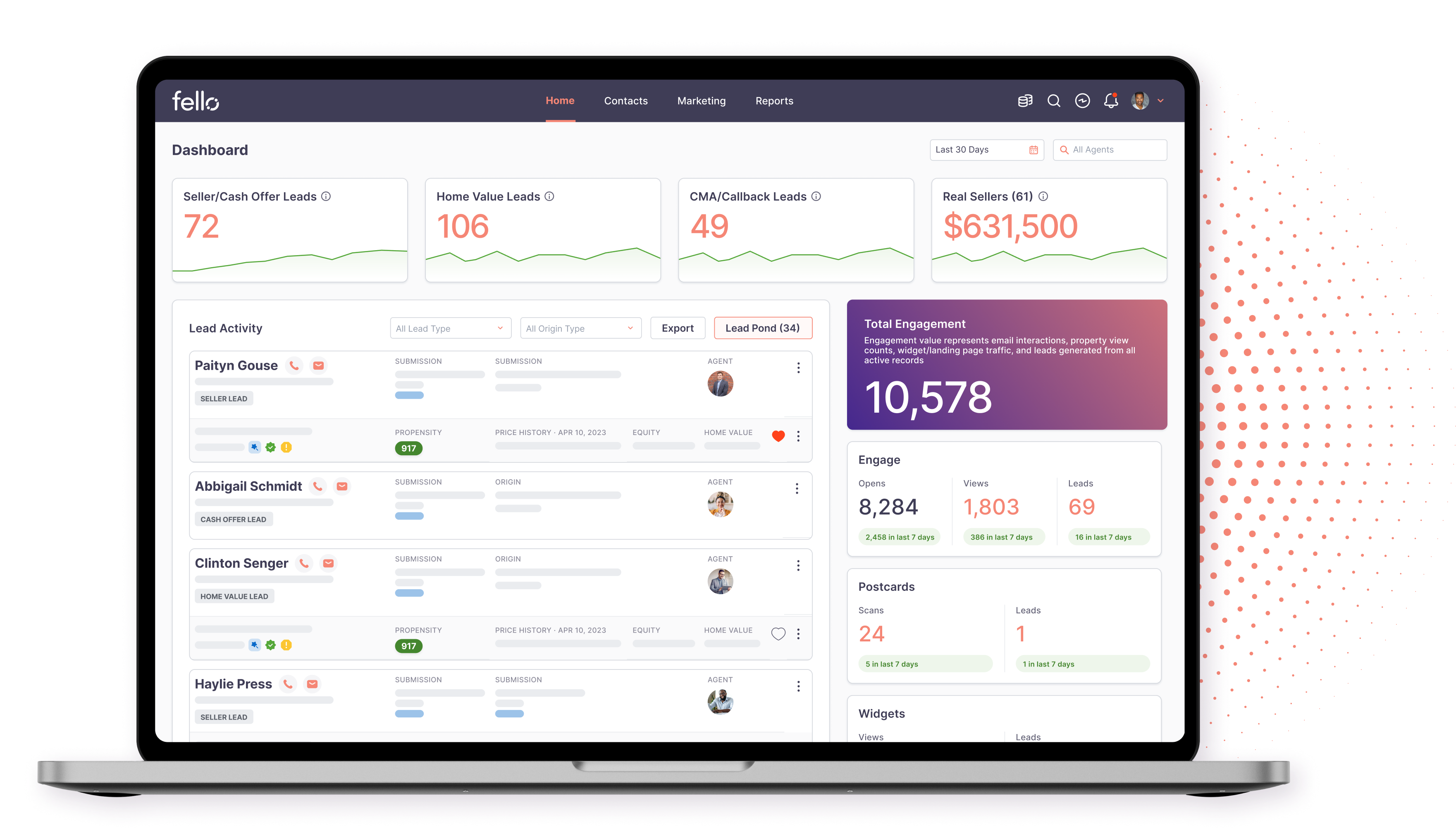Blog Post
The Best Time to Sell Your Home

June 29, 2020 written by Ryan Young, CEO of Fello
Everyone wants to sell their home quickly and for the most amount of money, right? However, there’s a lot that goes into the timing of your sale.
You need to understand seasonal trends in the real estate market, your financial situation, the current condition of your home, whether or not local market conditions are in your favor, what home improvements need to be made to the property – the list can go on and on.
Traditional wisdom will tell you that the best time to sell your house is in the spring. As the weather warms up, buyers come out in full force. Historically speaking, this is when most transactions occur and homes sell the quickest. If you look at the median days on market, which represents the number of days a home is actively listed, you’ll see that on average, homes take about 80 days to sell in January and less than 60 days in May.
That’s quite a difference!
This means that homes not only sell faster in the spring, they're also more likely to sell above asking price, as well. This goes back to the original point of wanting your home to sell quickly and for the highest amount possible.
It’s important to consider that different geographical regions are more prone to seasonal swings than others. For instance, the home market in Ohio picks up considerably in the spring when the weather warms up and homes look their best. In Florida, however, there is no cold season so homes are easier to sell year-round.
You also have to consider your personal goals when it comes to the timing of the sale of your home. For example, one of the reasons that spring is so popular is because families are finishing out the school year with their kids and when summer comes, they want to be in their new home before fall arrives, if their children are changing school districts.
It’s also important to set expectations with yourself that things may not go as planned. Sometimes, homes listed in the spring don’t sell until the winter or the local market works against your favor. Additionally, home improvement projects tend to last much longer or take up way more cash than you had anticipated.
You’ll often hear real estate markets described as either a “buyer's market” or a “seller’s market,” depending on how competitive it is to buy versus sell. These fluctuations will usually depend on the season and economic factors that play into it and your local market.
For example, how fast are home prices appreciating in your neighborhood, and how does that price growth compare to where you want to buy? It’s an important question to ask yourself because this can often lead to disappointment from an inexperienced seller who doesn’t have a firm grasp on local market trends.

Ready to start driving more seller leads on autopilot?

